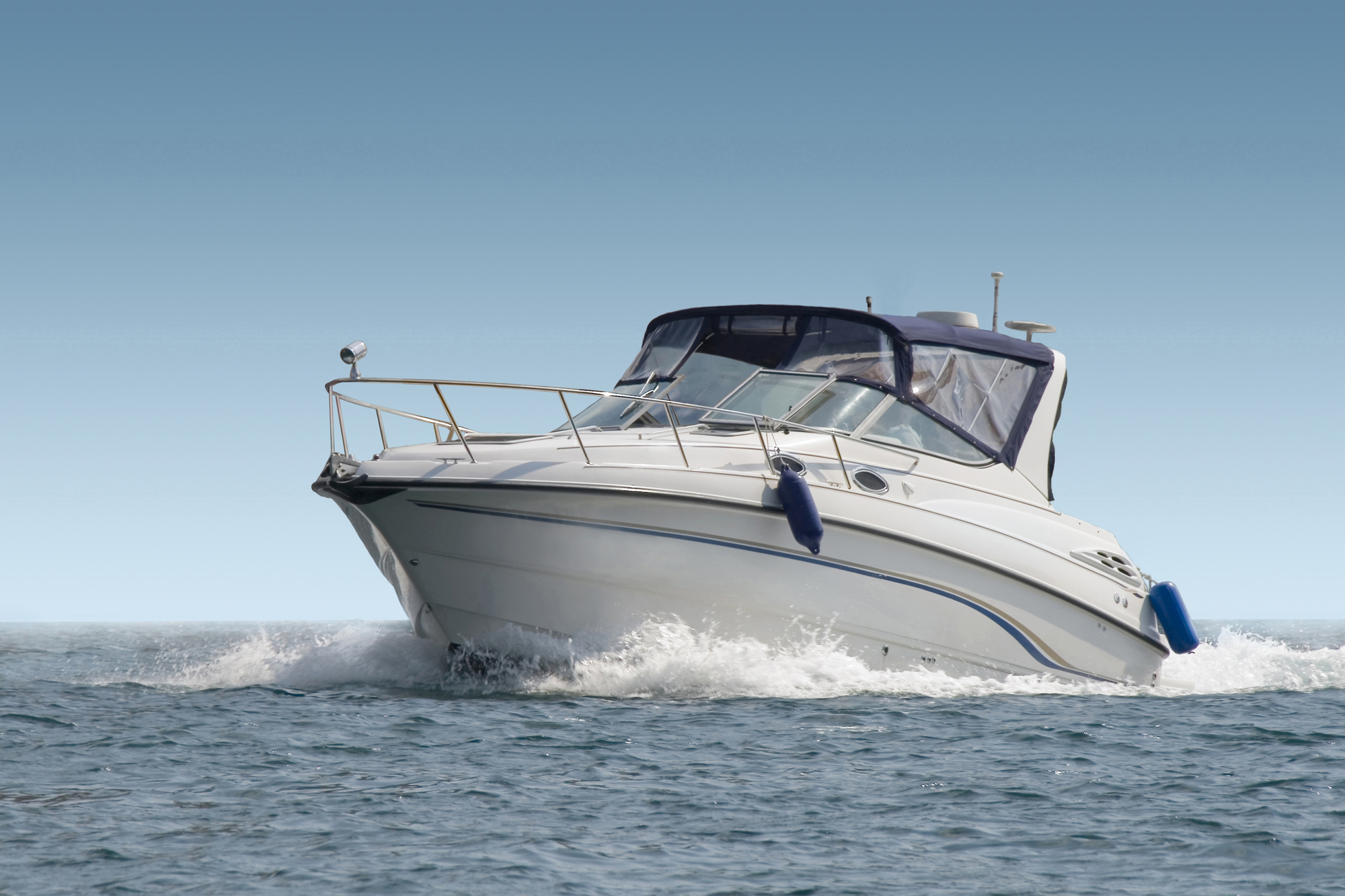
To safely and effectively launch your boat onto the water, you will need an appropriate winch. Winches also pull your boat back onto your trailer via a boat ramp upon recovery. Put simply, owning a suitable winch is a necessity for any boat owner, as towing your boat without one is near impossible.
If you are in the market for a new winch to tow your boat with, you’ve landed in the right place. Here, we’ll take a detailed look at the two main types of winches for towing boats: manual and electric. There are other types of winches on the market, but these two are the most common.
We’ll then share the process you'll go through when choosing the correct winch for towing a boat. Let’s get started.
Two types of winches
Is a manual (hand-powered) winch right for you, or is it better to go electric? From the information below, you’ll be able to determine which is best for your specific needs.
Manual winches for towing a boat
Manual winches are the most popular types of winches on the market. Quick and easy to use, these effective devices feature a manually-operated hand crank and a simple gearbox.
The gearbox is used to adjust the speed as you tow your boat. The quickest speed is a 1:1 ratio, but this is only ever used to reel in the line once your vessel is launched. Typically, a speed ratio of 3:1 would be used to launch lighter – say 250kg – vessels. A speed ratio of 5:1 is best suited to heavier vessels, particularly once the boat is out of the water.
Electric winches for towing a boat
If your boat and trailer together weigh more than around 1,200kg, you may require the additional power offered by electric winches. Electric winches operate in much the same way as manual winches, except instead of using a hand crank, they use an electrical mechanism.
Electric winches can pull a huge amount of weight, but this added capacity does come with extra cost. Remember, skimping on a winch for towing your boat can be dangerous and may lead to your vessel suffering damage. Always purchase a winch that meets the specific needs of your boat and boat ramp.
How to choose the correct winch for towing a boat
One of the most common questions boat owners have is this: how do I select a winch that will safely and effectively launch my boat and pull my boat into the garage or shed? This question is generally followed by something along the lines of, “my boat weights two tonnes – do I need a two-tonne winch?”
The answer to this question varies. The weight capacity of a winch is usually measured in dead-weight. So, if you are just pulling your boat into the garage, you are not lifting it as dead weight. This means a two-tonne winch would be total overkill.
To help you determine the winch you need to do the job properly, follow this eight-step process.
1.Determine the incline angle of your boat ramp. Always measure the angle at the steepest part of your ramp. The steeper the ramp is, the more line pull capacity your winch will need.
2.Determine the weight of your boat, trailer, and any other elements such as the boat's fuel load and the motor. This is the weight you should use when purchasing a winch to tow your boat.
3.Is your trailer or carriage on wheels? Are the wheels solid or rubber? The less friction created, the less line pull power you’ll need.
4.How far away is the water from your shed? How long is the boat ramp? A longer pull will usually require a stronger winch, so keep that in mind.
5.If you require an electric winch, what kind of power source will be available: 240 volts or 415 volts?
6.Does the winch offer flexible operation? If you need to be beside the boat when operating the winch during towing, a remote control may be necessary. If you’d like to operate the winch from your shed, a static on/off control may be best.
7.Do you need an electric or hand winch? As we discussed above, a hand winch is the most common and cost-effective option but will require greater physical exertion.
8.Will your winch fit in your shed? Are the foundations of your shed capable of securing your winch? Remember to never stand behind a winch while it’s in operation – if it fails, you are at serious risk of injury.
After you’ve worked your way through the above eight considerations, you should be ready to select and purchase an appropriate winch for your boat’s requirements. Get in touch with HES Winches if you need any further assistance or guidance when selecting a winch.






